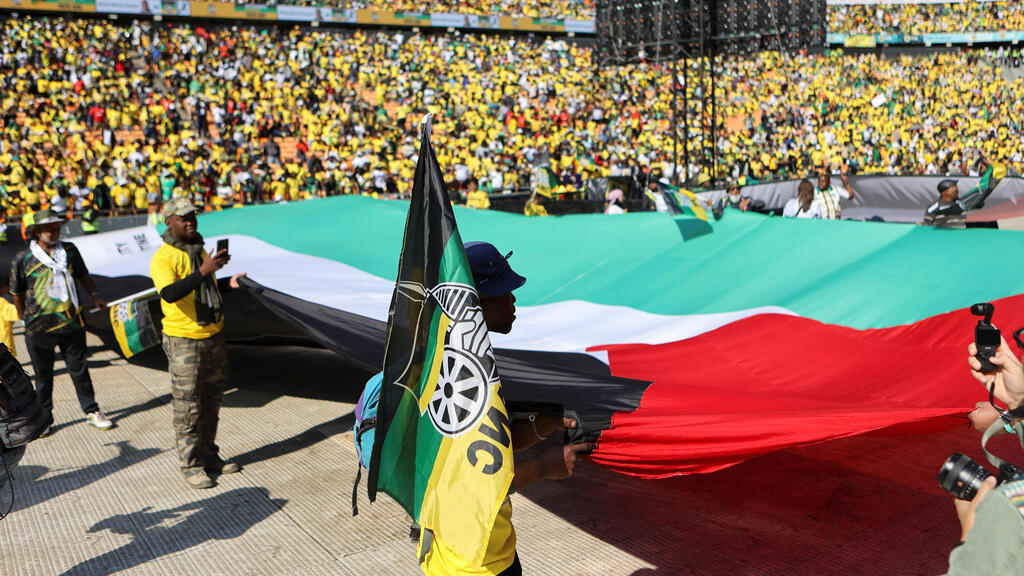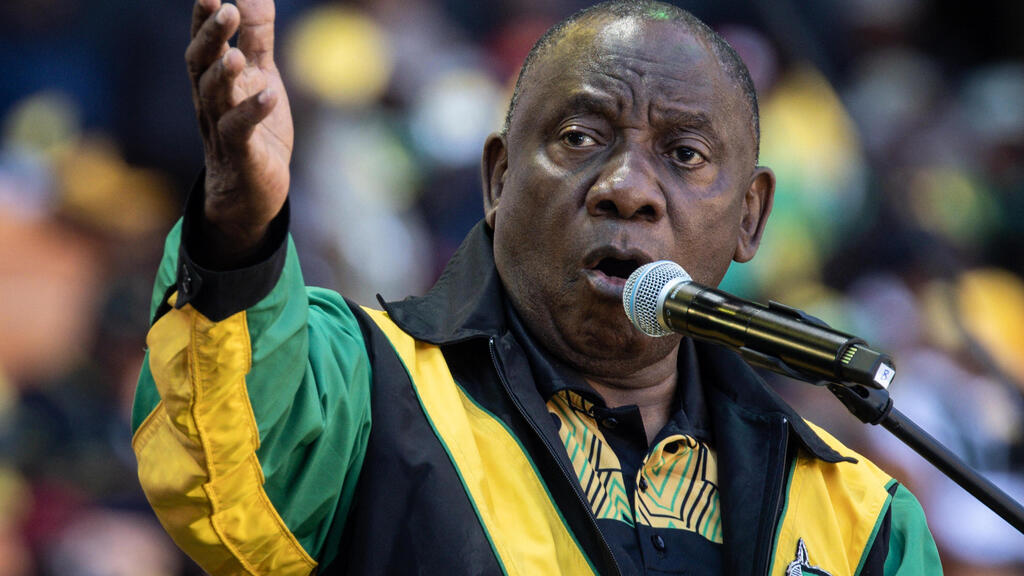Getting your Trinity Audio player ready...
South Africans will head out to the polls on Wednesday to vote in the general elections that could result in a historic shift and end the African National Congress (ANC) dominance, three decades after Nelson Mandela rose to power.
The elections are held amid growing public anger over unemployment, economic hardship and government corruption bringing the ANC closer than it has ever been to losing its majority in parliament.
Polls suggest the ANC could see only a 40%, compared with 57.5% in 2019, which would force the party into an unstable coalition with rivals - and potentially expose President Cyril Ramaphosa to a leadership challenge.
The ANC has traded off its legacy of freeing the Black majority from white rulers whose apartheid system took their land, kept them poor and uneducated, and forbade them to visit most of the country except to clean houses or dig gold mines. In its early years in government, it began reversing these inequities - bringing electricity, water and half-decent housing to millions.
But corruption and incompetence have eroded some of those gains. State power provider Eskom's creaking coal-fired power stations haven't kept up with demand, causing frequent blackouts, while roads, sewage treatment plants and schools rot from the inside. A third of South Africans are jobless.
Despite its economy being considered the largest and most developed in the African continent, half of its population lives in poverty, power outages are frequent and its infrastructure, such as roads, the sewage system, and the education systems are subpar while crime and violence are widespread.
Powerful ANC leaders such as former president Jacob Zuma and the former Parliament Speaker Nosiviwe Mapisa Nqakula are under investigation for corruption.
The ANC is behind the accusations made to the International Court of Justice in the Hague, against Israel and the call to demand it end the fighting in Gaza, alleging genocide.
2 View gallery


ANC election rally features a large Palestinian flag
(Photo: Alaister Russell / Reuters)
Support for the Palestinian cause was evident in a recent election campaign rally in Johannesburg where participants carried a large Palestinian flag. The party's critics say the preoccupation with the Israeli-Palestinian conflict is a way to distract from its failings at home.


